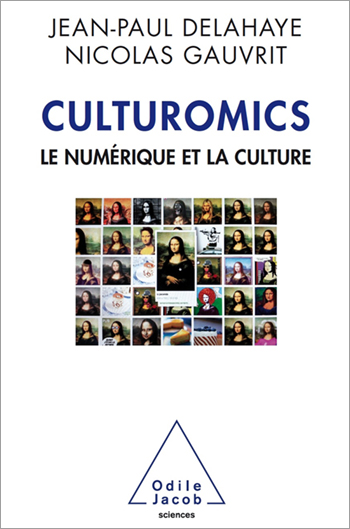Human Sciences All books

Jacques Andréani
The French Exception
An expert on foreign affairs, Jacques Andréani draws on his extensive international experience to enhance his examination of what it means to be French.

Noël Pons
Corruption of Elites
An expert in the current fight against political and financial fraud gives his viewpoint and shows that not all dysfunctions in the system can be blamed on individual or temporary excesses.

Frank Dangeard
Crisis Decision-Making in Businesses 12 Tales of Governance
Based on his extensive experience as a manager and administrator, and illustrated with numerous examples from recent business history...

Didier Lombard
The Irresistible Ascension Of Digital Europe and the rest of the world
What are Europe’s advantages in the digital race against Asia and the U.S.? And what is at stake?

Yves Christen
Are Animals Philosophers? Kantian Chickens and Aristotelian Bonobos
Because animals, both human and non-human, are not the passive toys of the surrounding world but, on the contrary, active creators and because they are carriers of weltanschauung, I regard them as philosophers.

Bertrand Fragonard
In Defence of Social Protection
Does the French Social Security system overspend? In the context of the economic crisis and the need to master public spending...

Jean-Paul Delahaye, Nicolas Gauvrit
Culturetech: Digital Culture
The development of electronic databases (and of Internet search engines to explore them) has given rise to such new behaviours as egosurfing...

Jacques Fournier
The Economics of Needs
France’s public service scrutinised by a high-ranking civil servant

Marylène Patou-Mathis
War in Prehistory
A fascinating journey to the origins of violence among humans

Yves-Alain Fontaine
Eels and Man
In this book, the author, an expert in his field, describes the most fascinating stages in the eels biological cycle, its migrations and the modifications it undergoes during its life. Eels interest us not only because of their life and breeding cycles, but also because of the questions they raise concerning our ideas about evolution. Does the notion of adaptation suffice to explain everything the eel has become? Doesnt a living creature maintain a certain amount of independence in relation to the world that surrounds it? Or is the relationship between a living creature and the environment which surrounds it more complex that we have generally realised ?






